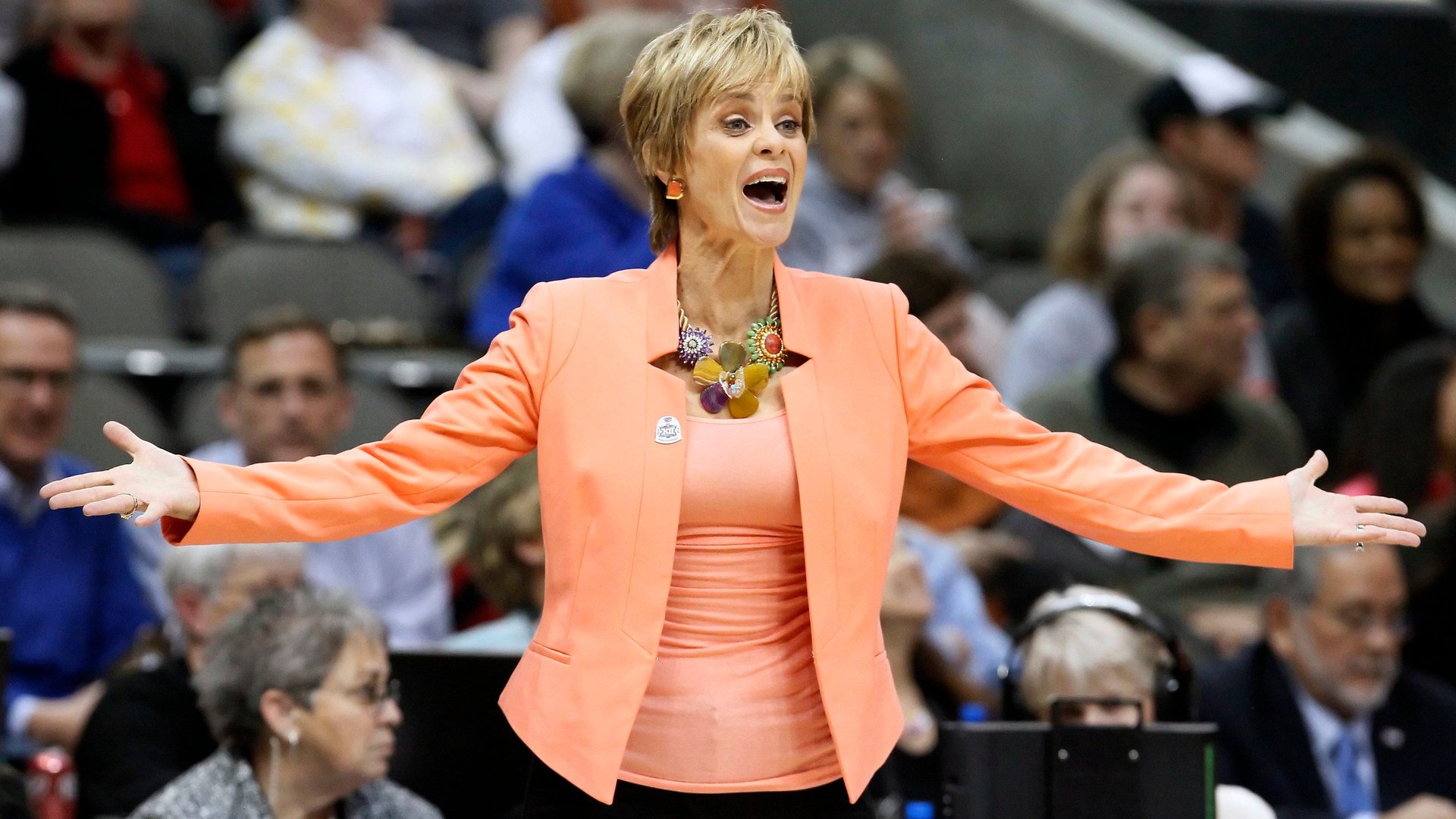Why do men get to be Dapper Dans, while women are Debbie Downers?
What is the deal with attaching unflattering adjectives to women’s names? There’s a household appliance called the Lazy Susan. Negative Nancy is a stereotype that’s still a part of American headlines and stories.


What is the deal with attaching unflattering adjectives to women’s names? There’s a household appliance called the Lazy Susan. Negative Nancy is a stereotype that’s still a part of American headlines and stories.
And who can forget Saturday Night Live’s Debbie Downer:
[hulu id=wjwwv-hgn0onqcthyvcvcq width=512]
Ratchel Dratch’s satirical character is meant to poke fun at the trope, to be sure. But as recently as 2013, NBC’s Today show was using the clip to talk about “Debbie Downers” in the workplace.
Men’s names, by contrast, are often attached to much more positive or pleasant-sounding adjectives. Think Good Time Charlie and Dapper Dan. Even Average Joe gets to be mediocre. (To be fair, there are a few negative men’s stereotypes too—Peeping Tom is probably the most prevalent. And Susan has a partner in La-Z-Boy furniture, but that’s a brand and it’s not attached to a specific man’s name.)
It’s hard to discern where a lot of these negative attributes attached to women came from. Some do have historical merit, like Queen Mary I. She earned the “Bloody Mary” title because she had hundreds of people killed. But so did lots of kings, and none of them are a popular brunch cocktail.
“Language is really important in how we structure the way we see the world. And how we structure the world is how we see it in terms of power difference,” says Laury Oaks, chair of feminist studies at the University of California Santa Barbara. Men retain power, so their names get the positive traits, Oaks tells Quartz. This will only change once society as a whole begins to see women as equal to men. Feminists could rise up against the patriarchy and start a movement to detach the stereotypes from women’s names, or reclaim them as a proud part of the women’s movement in some way.
“We see that oftentimes if women are in positions of power, that their power is questioned and criticized, and their credibility is questioned and criticized, through the use of language,” Oaks says.
There have been efforts to reclaim other phrases that have negative connotations for women; the “like a girl” campaign comes to mind. Of course, it’s easier to spin ”like a girl” positively than it is to turn “Nervous Nellie” into a compliment.
Women do not deserve these misnomers. Working mothers are expected to work just as much as men and also devote more resources to their kids, according to data from Pew Research Center. Women spend almost an hour more a day on household chores than men. That extra work ethic starts early—girls around the world spend an extra hour on homework compared to boys (pg. 13), and take school more seriously.
There are bigger problems in the world than linguistic phrases that aren’t hugely prevalent in every day conversation. But their persistence as cliches perpetuates society’s tendency to perceive men as powerful, and women as weak. Take the Today clip, for example: Daly refers to negative coworkers as “Debbie Downers,” which suggests that they tend to be women. The survey (pdf) he’s talking about, though, is not gender-specific.